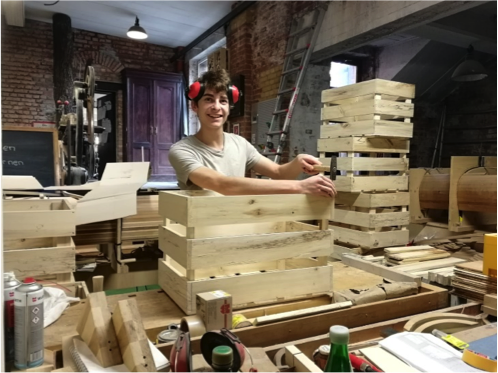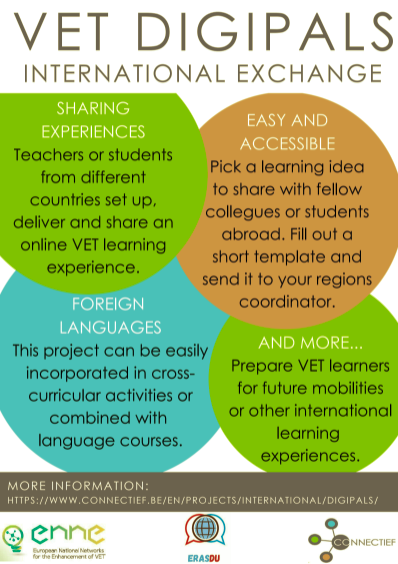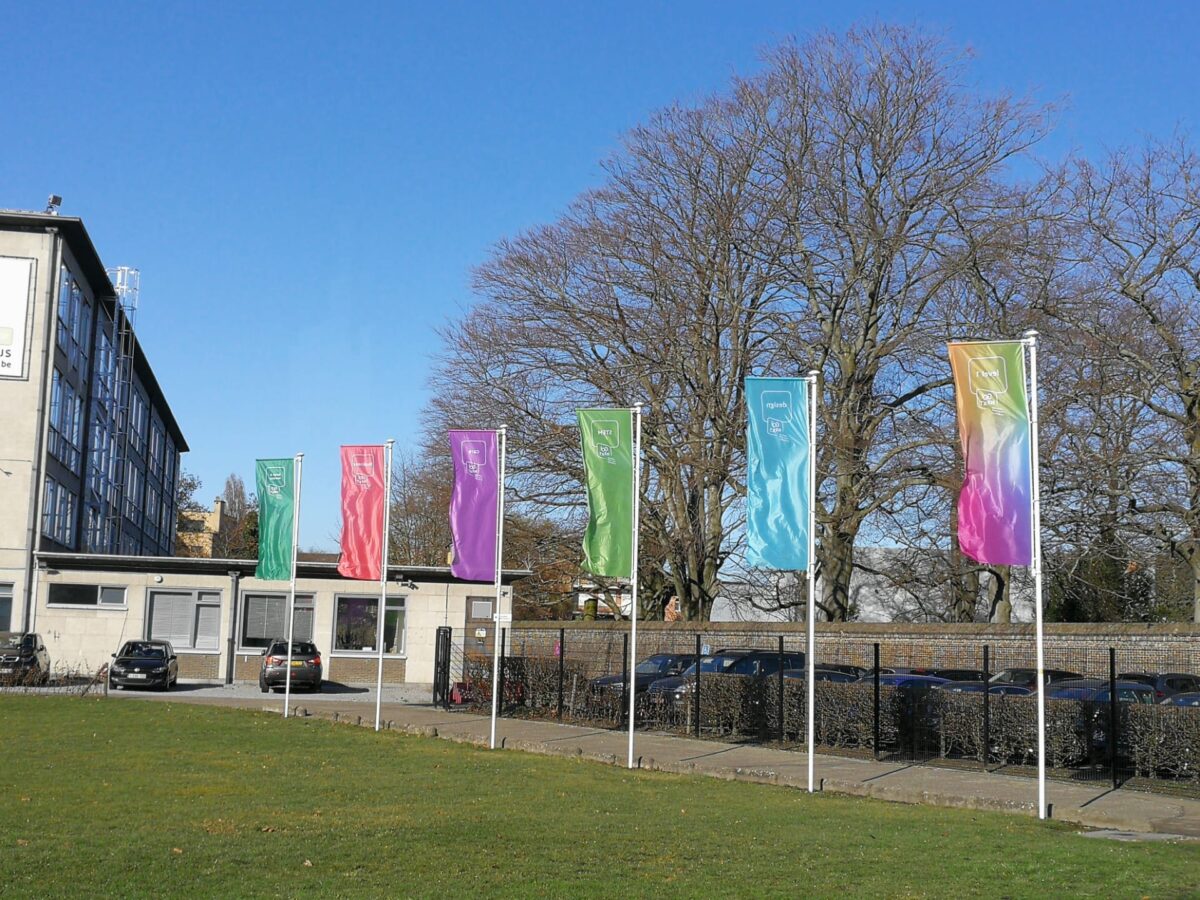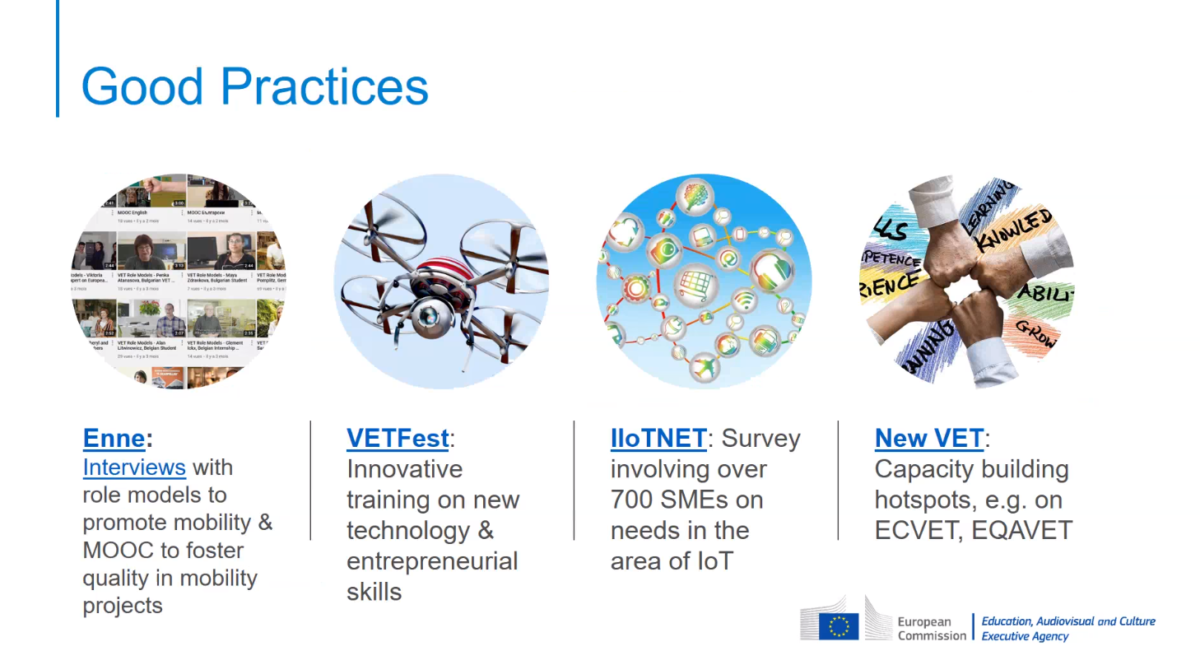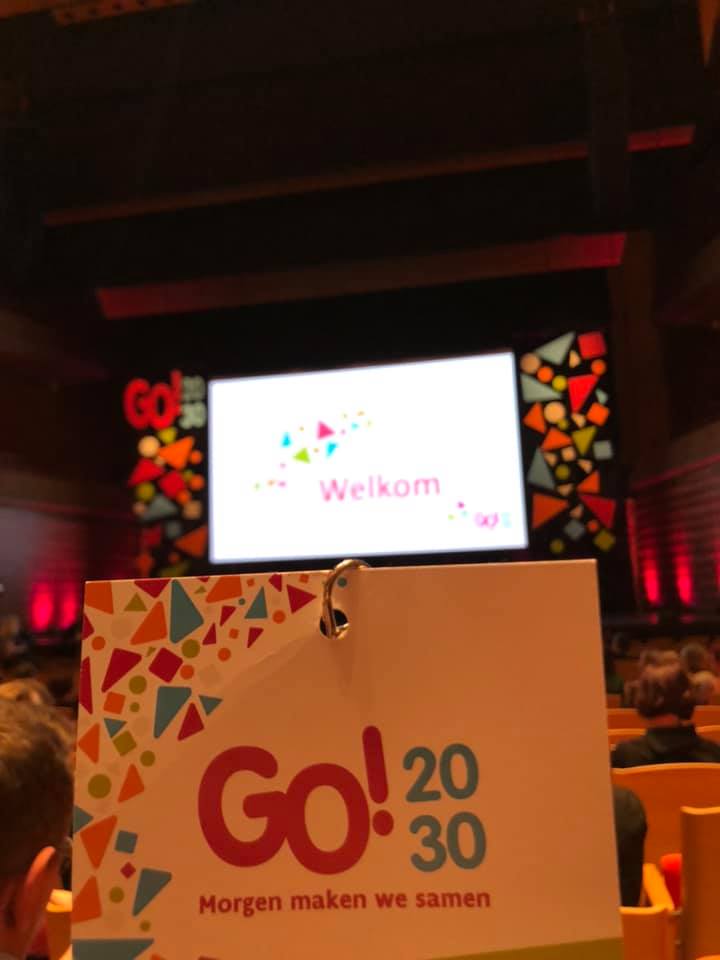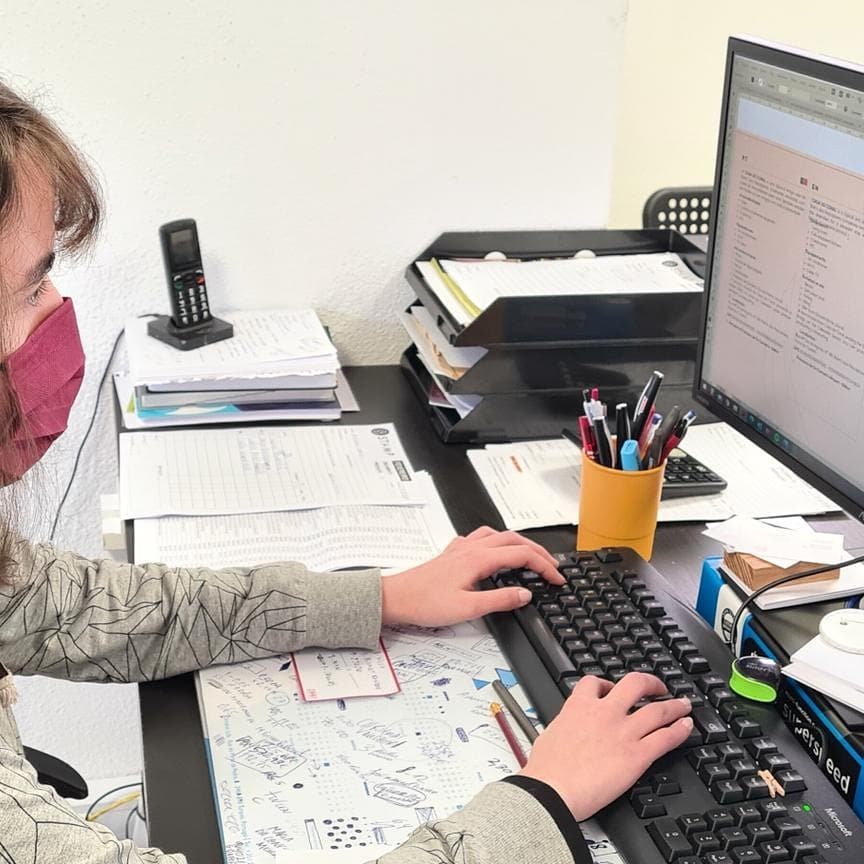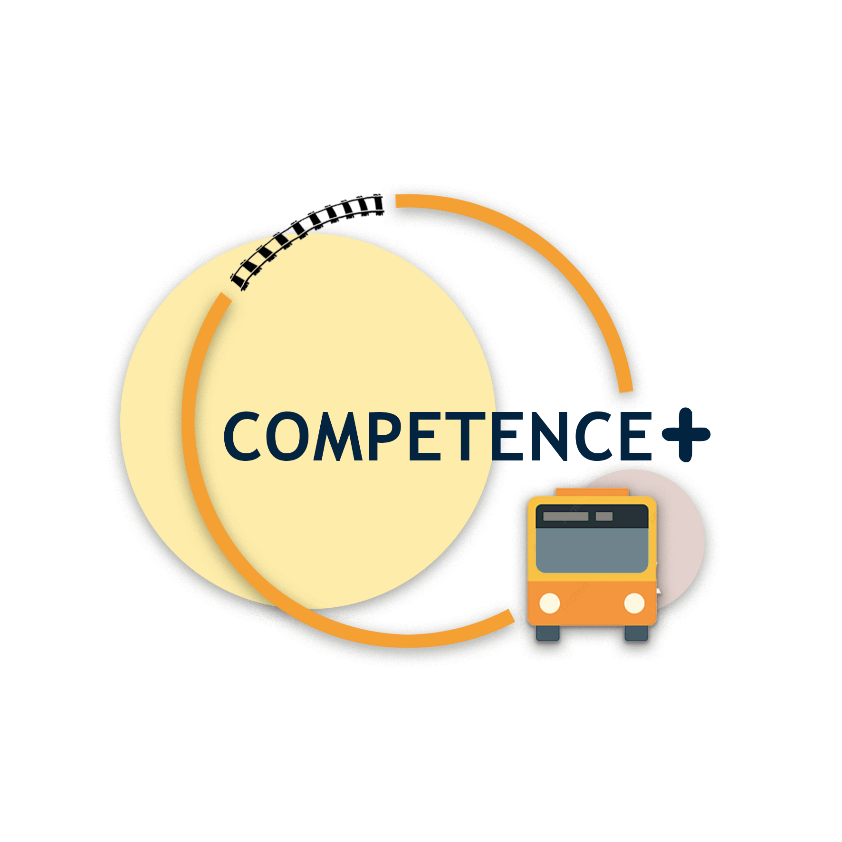„Creating VET business partnerships for WBL“ ist eines der Erasmus+ Projekte, an dem die Wisamar Bildungsgesellschaft in Leipzig beteiligt ist. Das Projekt soll Partnerschaften zwischen Berufsschulen und Unternehmen in Nordmazedonien, Griechenland, der Türkei und Bulgarien entwickeln, um Berufsschülern Praktika anzubieten, in denen sie berufsbezogenes Lernen erleben können.
Da die Berufsausbildung in diesen Ländern immer noch sehr theoretisch und schulbasiert ist, haben die Schüler:innen keine Möglichkeit, ihre Fähigkeiten und Kompetenzen in einem realen Arbeitsumfeld zu erproben und zu entwickeln. Auf der anderen Seite ist in Deutschland und den Niederlanden, zwei weiteren am Projekt beteiligten Partnerländern, ein duales System in der Berufsausbildung voll etabliert. Deutsche und niederländische Auszubildende verbringen einen großen Teil ihrer Berufsausbildung in einem Ausbildungsbetrieb und werden nach Beendigung ihrer Ausbildung oft zu festen Mitarbeitern des Unternehmens.
Um die deutschen Erfahrungen mit dem dualen System zu teilen, organisiert Wisamar eine Schulung in Leipzig für Vertreter aller beteiligten Organisationen. Diese soll im Mai 2021 stattfinden, aufgrund der aktuellen Situation möglicherweise nur online. Experten für das duale System werden den Teilnehmern nahe bringen, wie man Partnerschaften mit Unternehmen aufbaut und wie man Lehrer:innen und Mentor:innen aus den Unternehmen ausbildet, damit sie erfolgreich Praktika für die Schüler:innen organisieren können. Die Praktika in Nordmazedonien, Griechenland, der Türkei und Bulgarien werden im Sommer 2021 stattfinden.
Außerdem erstellt Wisamar zusammen mit den Partnern eine Online-Plattform, die sowohl von den Unternehmen als auch von den Schüler:innen genutzt werden soll. Die Plattform wird ein Ort sein, an dem sich die Auszubildende mit ihren Fähigkeiten und Kompetenzen vor ihren zukünftigen Arbeitgebern präsentieren und die Unternehmen das berufsbezogene Lernen der Schüler:innen bewerten können.
Die niederländische Partnerorganisation Dutch Foundation of Innovation Welfare 2 Work unterstützt das Projekt durch einen Lernleitfaden für Schulen und Unternehmen und Lerntagebücher für Schüler:innen. Die anderen Partner in diesem Projekt sind die Stiftung „Nikola Kljusev“ aus Nordmazedonien, Institute of Entrepreneurship Development aus Griechenland, Osmaniye Provincial Directorate of National Education aus der Türkei und Horizont ProConsult ltd. aus Bulgarien. Das Projekt läuft von Oktober 2020 bis März 2022.
